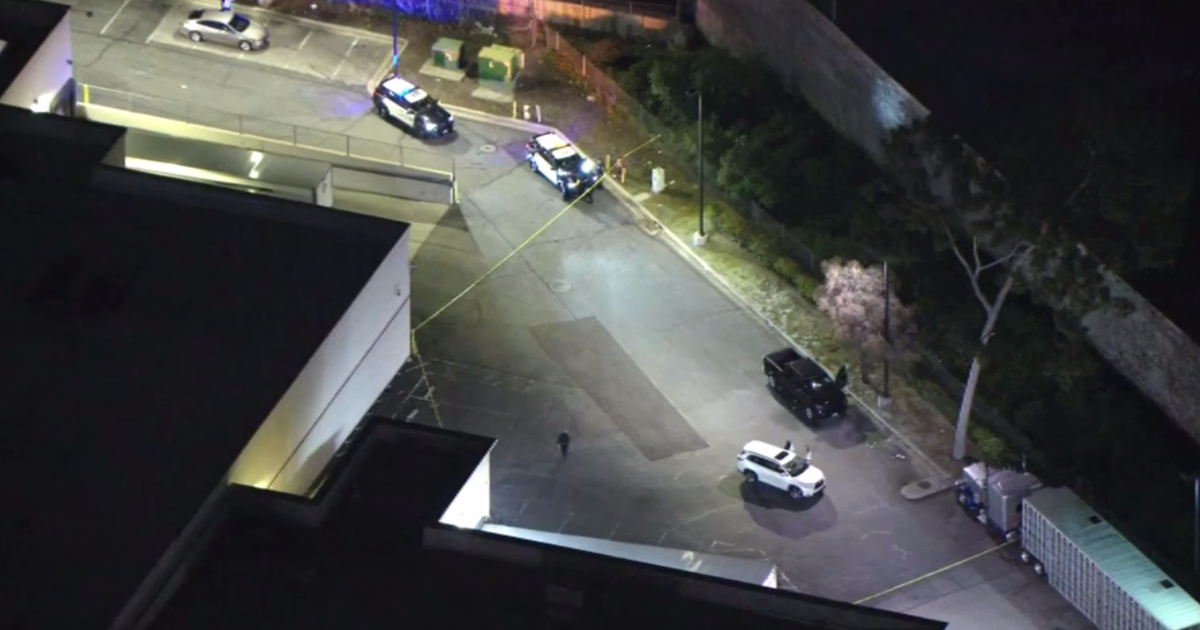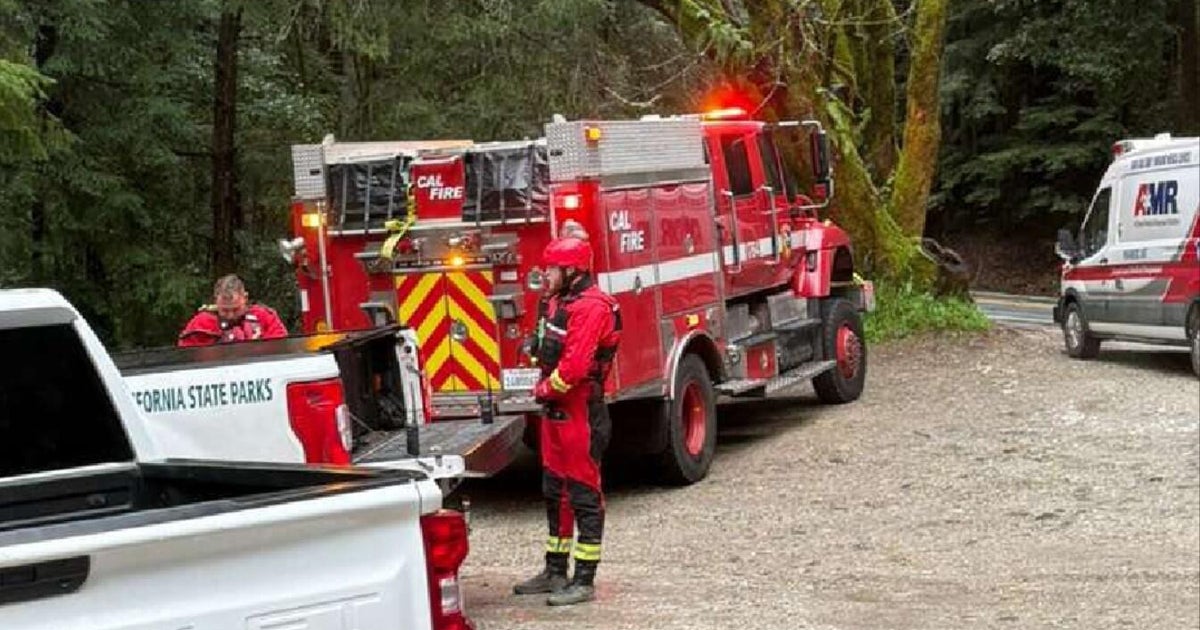Chicago alderman gets heat after social media post on pager attacks targeting Hezbollah
CHICAGO (CBS) -- Chicago Ald. Brendan Reilly (42nd) drew controversy Wednesday after issuing a social media post referencing attacks targeting Hezbollah militants in Lebanon, involving exploding pagers and walkie-talkies.
On X, formerly Twitter, the alderman posted a photo of a pager with the message, "Mazol tov" [sic]. The expression, correctly spelled "Mazel tov," is a Jewish phrase expressing congratulations.
Many people who follow Reilly on X responded with remarks like "disgusting," and calling him "dreadful."
Reilly took down the post about an hour after putting it up, and in a text to one of CBS News Chicago's reporters, he said: "It's just a tweet. I don't have time to talk."
A total of 14 people were killed and hundreds were wounded when walkie-talkies used by Hezbollah members exploded in the group's Beirut stronghold. State media reported similar blasts of pagers and "devices" in east and south Lebanon.
The explosions came a day after thousands of pagers carried by Hezbollah members exploded nearly simultaneously, killing at least 12 people including two children, according to Lebanon's public health minister. The apparently complex attacks come after weeks of rising tension between Israel and Iran-backed Hezbollah, which have exchanged fire across Israel's northern border since the Oct. 7, 2023, attack by Hamas that sparked the ongoing war in Gaza.
A security expert in Chicago called the attacks unprecedented in scale—with thousands of pagers exploding nearly simultaneously. The deadly attacks are also sparking conversations around the globe.
Videos from overseas, shared on social media, provided a look at the magnitude of each one of the explosions.
The attacks come after weeks of rising tension between Israel and the Iranian-backed group.
Israeli officials offering no public comments on the explosive attacks, but the Associated Press reported a U.S. official Israeli authorities briefed American officials on the operation after the pager explosions Tuesday. A spokesperson for the U.S. military says there was no prior knowledge of the plans, and the United States played no role in the operation.
Hezbollah and Lebanese officials blamed Israel for the attack, vowing revenge.
"We've never seen upwards of 2,600 devices exploding simultaneously, and it creates a fair amount of collateral risk, too," said Phil Andrew, a CBS News Chicago security expert with decades of experience in national security in the FBI. "This is one for the books in terms of highlights in intelligence operations that were designed to interrupt communication from a terrorist adversary. There's no question."
Andrew said the one element that really stands out here is the ability to infiltrate the supply chain to get explosives into the devices that we have seen detonate for two days now.
"Someone was able to enter in the supply chain of Hezbollah's acquisition of pagers," said Andrew, "and once they entered that supply chain, they were able to insert explosive devices—and maybe other ways of tracking Hezbollah movements—and then detonate these simultaneously."
Many may also wonder if American citizens have anything to worry about with their electronic devices. Andrew said they do not.
"I don't think that American citizens should be worrying about their devices being used or having been compromised with explosives," said Andrew.
Andrew said there are checks in place to prevent the infiltration of the supply chain that allowed explosives to be placed into the devices in Lebanon.
"I think a lot goes into actually reviewing supply chain, and what devices, what equipment U.S. intelligence, U.S. military, and U.S. government use," Andrew said, "and we sometimes see this about chip makers or cyber protections—we see this talked about, and the importance of having the domestic capability of making chips—because if those could be compromised in some ways, that it would create all kinds of vulnerabilities."
An exact number of explosive devices was still unclear Tuesday afternoon. Reuters is reporting 5,000.








